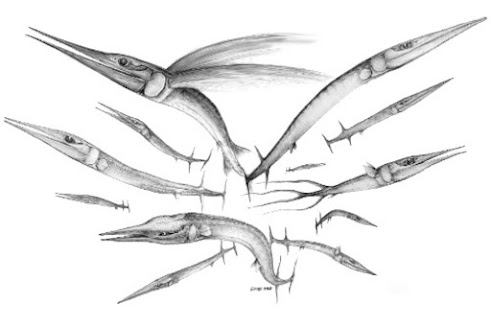 |
| Ekaterina Koltsova, MD, PhD |
Experts from Cedars-Sinai Cancer have analyzed patient samples, along with studies conducted in animal models, to identify a novel immune checkpoint pathway to treat hepatocellular carcinoma, the most common form of liver cancer. This big data analysis, coupled with existing immune boosting therapies, provides a new frontier for treatment strategies.
The findings—centered on the discovery of a novel role for the IL-27 signaling pathway in liver cancer—were published today in the peer-reviewed journal Cancer Discovery.
Previous research suggests the IL-27 pathway may play an important role in the immune response of various inflammatory diseases. However, this is the first-time scientists have identified this new mechanism in liver cancer.
“We found that disrupting the IL-27 pathway in mice prevented liver tumors from growing,” said Ekaterina Koltsova, MD, PhD, the
corresponding and senior author of the study, a faculty member of Cedars-Sinai Cancer and the departments of Medicine and Biomedical Sciences. “This exciting discovery supports the idea of therapeutic antibodies or other molecules to block the IL-27 pathway, and in turn, activate an anti-cancer immune response in liver cancer.”
The aim, Koltsova says, is that activating the immune response will enable a liver cancer patient's immune system to kill the cancerous cells.
















.jpg)